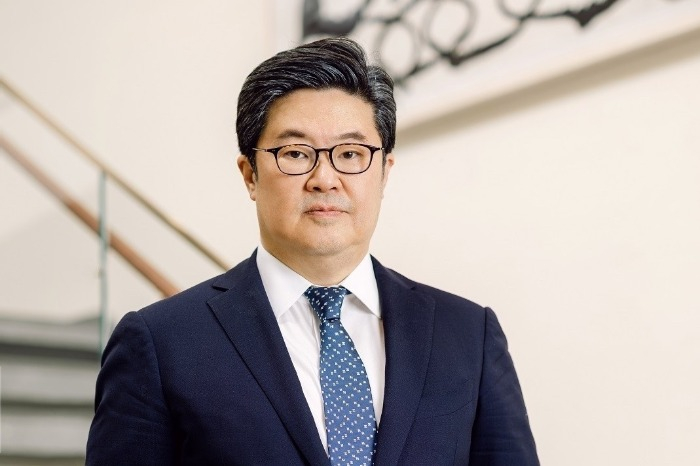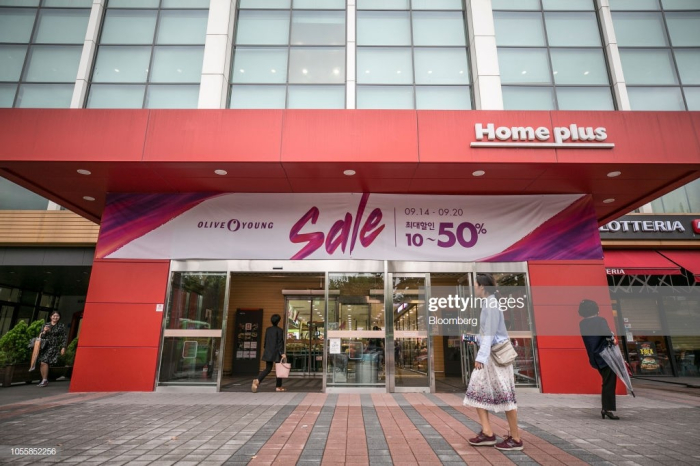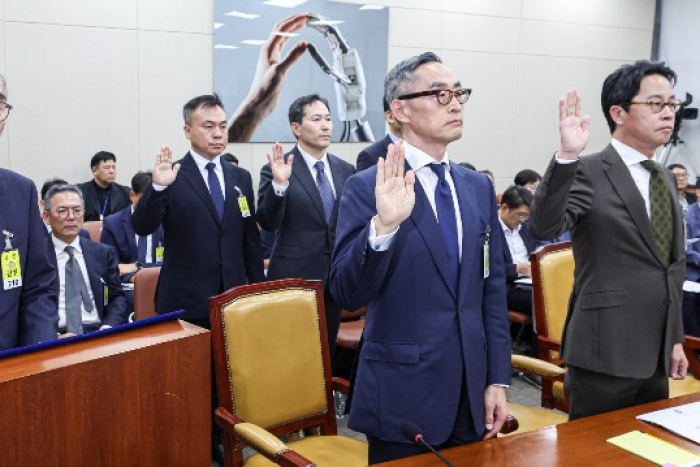
MBK Partners, a North Asia-focused private equity firm, on Wednesday issued a public apology over the financial crunch at Homeplus Co., saying it failed to fulfill social responsibility for the South Korean hypermarket chain.
The rare apology from a private equity firm came six months after Homeplus, in which MBK is the largest shareholder, filed for court receivership with the Seoul Bankruptcy Court amid no progress in its divestment efforts.
“We sincerely apologize for the deep concerns and disappointment we have caused to the public,” MBK said in a statement. “We deeply reflect on failure to fulfill our social responsibility.
The apology is widlly viewed as a gesture to calm public anxiety about potential ripple effects on the job market and small suppliers, amid mounting criticism of profit-driven management practices by buyout firms.
“Over the past decade of investment, our inadequate judgment and management led Homeplus into a serious situation requiring corporate rehabilitation. As a result, we deeply regret the anxiety and hardship caused to countless employees, partner companies, creditors and customers,” MBK said.
In 2015, MBK acquired a 100% stake in the retailer for 7.2 trillion won ($5.1 billion) from British retailer Tesco plc, then the largest buyout in Asia.

To underscore its commitment to keeping Homeplus afloat, MBK announced a plan to inject up to 200 billion won in additional capital into hypermarket operator.
This comes on top of a previously pledged 300 billion won, including a personal contribution from Michael ByungJu Kim, the firm’s founder and chairman.
“The (court-led) rehabilitation of Homeplus is not merely a financial failure. It has made us keenly aware of how gravely we fell short in carrying out our duties as the largest shareholder in a company closely tied to the everyday lives of the public,” MBK added.

POLITICAL PRESSURE
The ruling Democratic Party is keeping a close watch on the Homeplus fiasco.
Last week, MBK’s Kim met with Kim Byung-ki, the floor leader of the Democratic Party and its members of a task force team set up to resolve the Homeplus debacle, along with government officials.
No details of the meeting have not been made public.
NATIONAL PENSION SERVICE’ POTENTIAL LOSSES
Further, Homeplus’ solvency problem could inflict significant losses on South Korea’s National Pension Service (NPS). It has invested 610 billion won in the retailer, including 582.6 billion won through redeemable convertible preferred shares (RCPS) via a MBK fund.
The NPS has already reaped 313.1 billion won in dividend income from Homeplus over the past 10 decades. But market insiders said the pension fund’s investment is now estimated at 900 billion won in value.
Addressing such concerns, MBK said: “We will also do our best to recover redeemable convertible preferred shares held by the National Pension Service.”
Industry watchers said Homeplus would run out of working capital this month. Last month, it failed to pay electricity bills and insurance premiums.

LOTTE CARD
To make things worse, MBK also faces scrutiny over Lotte Card Co., which suffered a data breach affecting 3 million of its 9.6 million users.
The hacking incident has intensified criticism of MBK, the card issuer’s largest shareholder, over its short-term, profit-focused management approach.
The data leakage occured as the private equity house in December kicked off a process to exit the credit card firm.
In connection with the accident, Jong-Ha James Yoon, vice chairman of MBK and Cho Jwa-jin, CEO of Lotte Card, were summoned to a plenary session of the National Assembly’s Committee on Science, ICT, Broadcasting and Communications on Wednesday for questioning.
To strengthen its commitment to social accountability, MBK said it will establish a social responsibility committee composed of external experts in the first such initiative by a private equity firm in South Korea.
By Yeonhee Kim and Eun-Kyung Song
yhkim@hankyung.com
Jennifer Nicholson-Breen edited this article.















